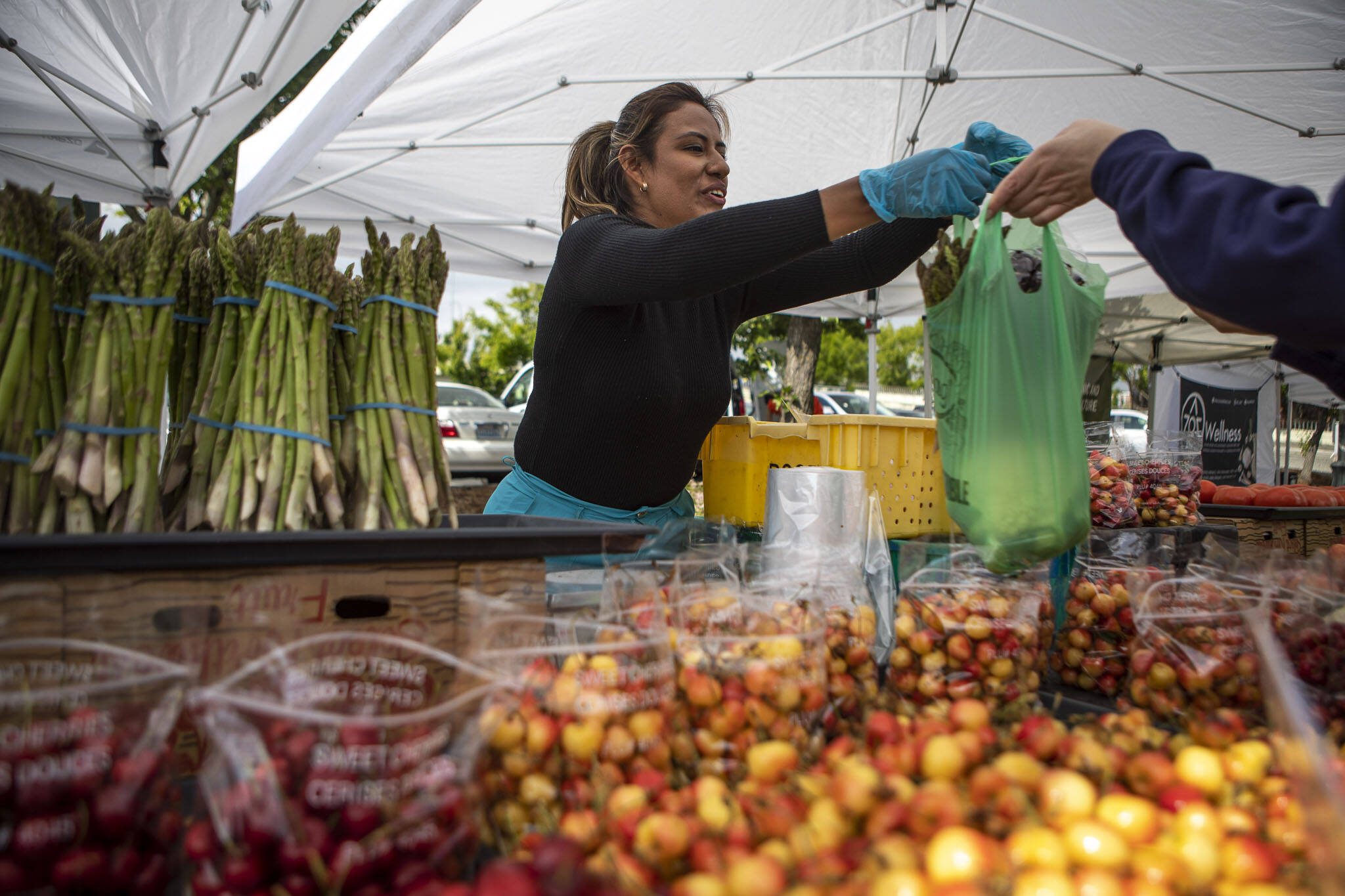By The Herald Editorial Board
Among the things that school kids in Washington state have to worry about — homework, gym class and cooties, among others — a nutritious meal shouldn’t have to be one of them.
For more kids it no longer is.
Starting this school year, school children at public schools where 40 percent or more students qualify for free or reduced-price meals, can request breakfast, lunch or both at school at no charge to the child and without having to prove eligibility for the federally reimbursed free or reduced-price meals, following passage of legislation in 2023. Bills seeking to expand that to all children did not advance this year, however.
State legislators, next session as they prepare another two-year budget, should give more consideration to expanding access to free meals to all students, eliminating the possibility that any student might go hungry.
But that program covers only about nine months of the year, meaning summer months can be literally lean months for many kids — an estimated 550,000 — in Washington state. This summer needn’t be, thanks to Congress’ approval in 2022 of a federal program: the Summer Electronic Benefit Transfer Program of Children, called SUN Bucks in the state. The program will provide eligible families — including those already enrolled in the free and reduced-price meals program — an EBT card for each child loaded with $120 that can be used at grocery stores and farmers markets this summer.
The program is intended for families at or below 185 percent of the federal poverty line — $57,720 for a family of four, $47,676 for a family of three — and will be sent to families already receiving Basic Food Assistance, Temporary Assistance for Needy Families or free or reduced-price meals at school. Those meeting the financial requirement but not participating in the other programs can apply for the SUN Bucks program.
A significant supporter of the federal legislation, Sen. Patty Murray, D-Wash., explained the need to fill the summer pause for children’s nutrition needs.
“There’s this huge gap, and it affects learning,” Murray told the Washington State Standard.
It’s no secret — ask any mom — that a good breakfast and lunch are necessary for learning. The Centers for Disease Control and Prevention, backing up mom, holds that eating a healthy breakfast is associated with improved cognitive function and memory, reduced absenteeism and improved mood. That’s supported by extensive research, in particular for preschool-age children, that found eight of 12 studies examined showed significant positive effects on cognition for children who are provided good nutrition.
There’s also evidence that greater access to school nutrition through state- and federally paid programs improved the overall health of children and may reduce the occurrence of childhood obesity.
And — again, ask your mom — how much even another $40 a month per child, would mean for stretching the grocery budget and providing healthy meals.
Yet, even though the federal government is providing funding for the EBT cards themselves, 14 states — all with Republican-governors or Republican-controlled legislatures, including Idaho and Alaska — have opted out of the program. States, to participate, had to split 50/50 modest administrative costs with the federal government. Washington has allocated $12 million for the next two years to support the program here.
But the opt-out by those states — many of them among states with the highest levels of family poverty in the U.S. — means about 10 million eligible kids of a estimated 31 million nationwide won’t received the $40 a month for groceries and farmers market produce.
Some states reasonably cited technical issues; the federal government gave states a short deadline to decide to participate. But most were blunt about why they were declining to distribute the assistance to families, faulting it as “welfare.”
Oklahoma’s Gov. Kevin Stitt called the Summer EBT program a duplicative “Biden administration program” that would “cause more bureaucracy for families.”
Iowa’s Gov. Kim Reynolds hid her partisanship amid scolding that an EBT card “does nothing to promote nutrition at a time when childhood obesity has become an epidemic,” arguing against the evidence that the program could do quite a bit of good regarding nutrition and obesity.
Note that Republican governors in another 13 states did join the program, putting kids’ well-being above politics.
“Making sure no Arkansan goes hungry, especially children, is a top concern for my administration,” Gov. Sarah Sanders said in a release.
Not coincidentally, however, the states rejecting the Summer EBT program are some of the same states that cut short enhanced unemployment benefits in 2021 — with the pandemic then still a drag on employment — or have rejected expanded Medicaid eligibility for health insurance for more lower-income adults, again with the federal government footing 90 percent of the bill.
It’s one thing to look a gift horse in the mouth; another to reject it without even lifting the horse’s lip.
As with Medicaid expansion, it’s not too late for states to reconsider their rejection of the Summer EBT program for 2025. And perhaps, after putting a presidential election behind them, officials in more states may feel more comfortable about opting in.
Two-thirds of eligible children and their families in the U.S., including those in Washington state, will be able to eat better during the summer months.
But there’s every reason that basic food security should have been made available to every child in the nation.
Talk to us
> Give us your news tips.
> Send us a letter to the editor.
> More Herald contact information.

























